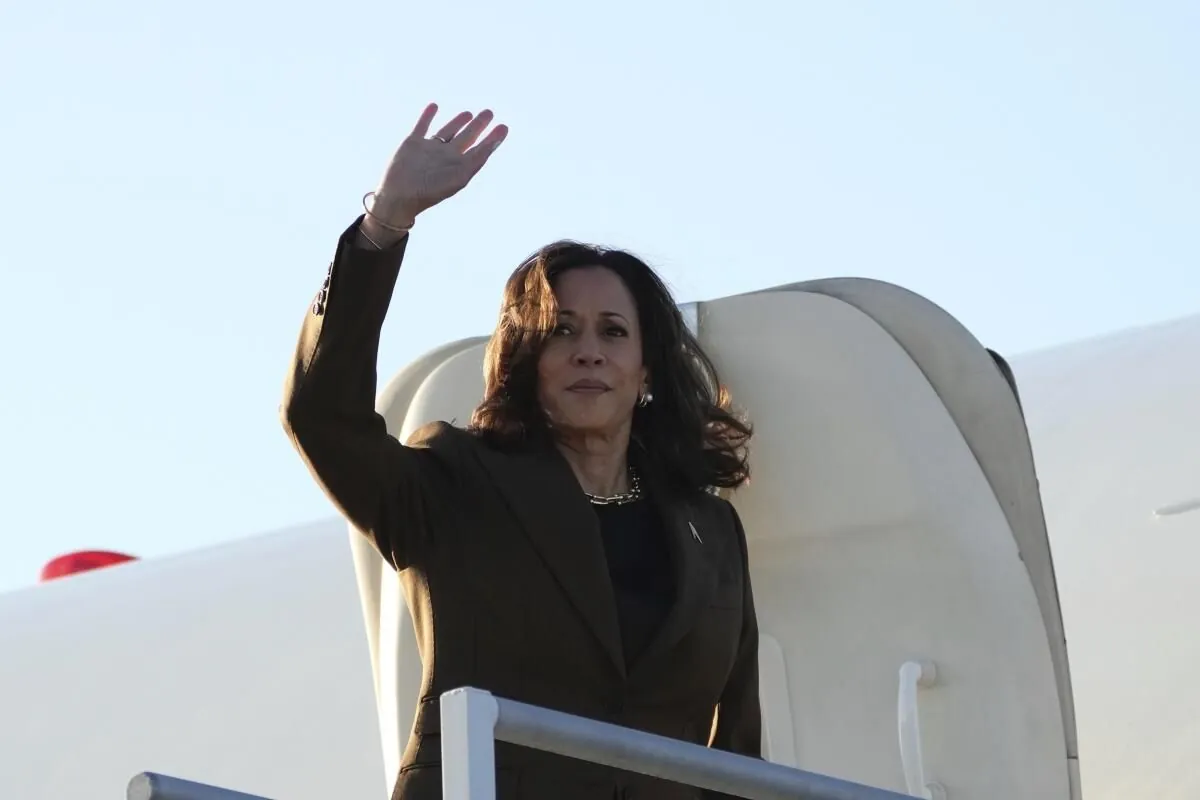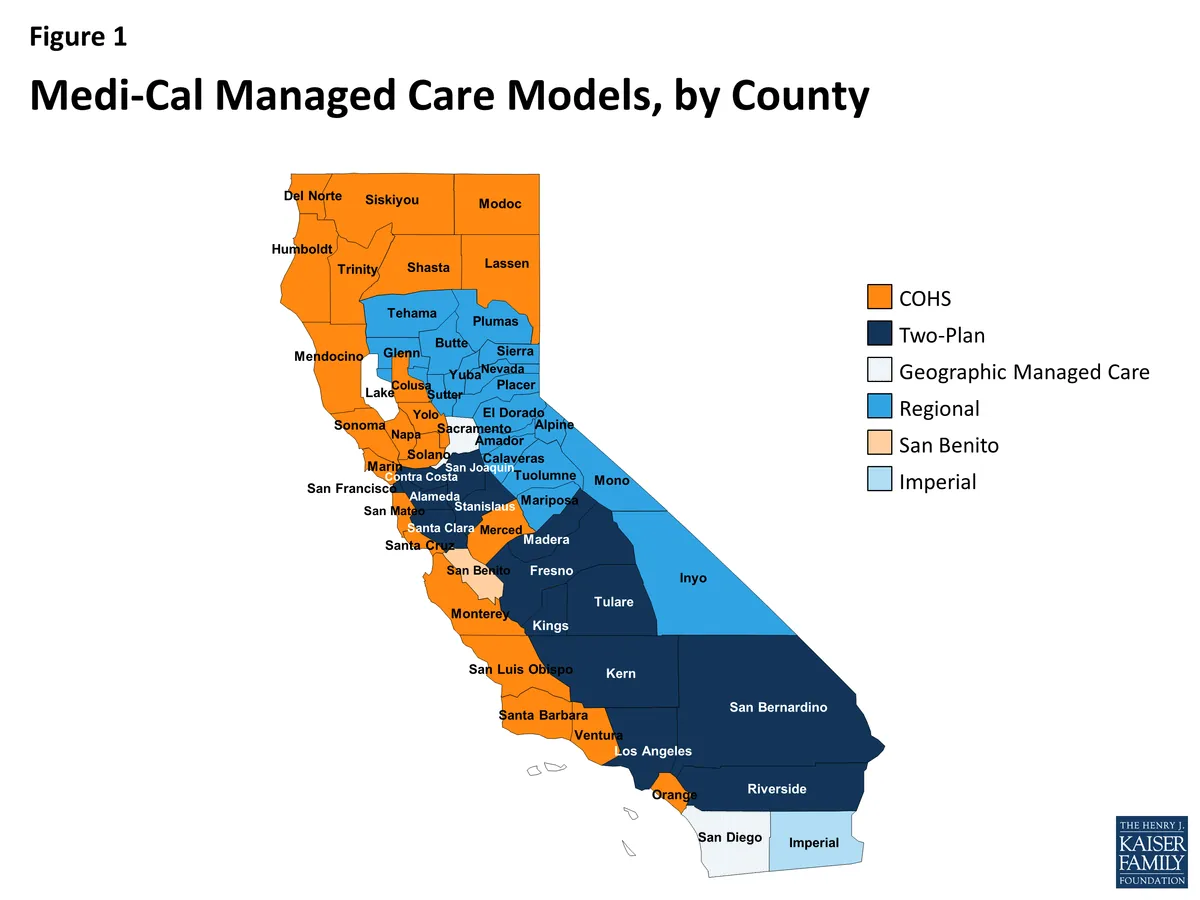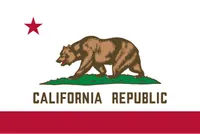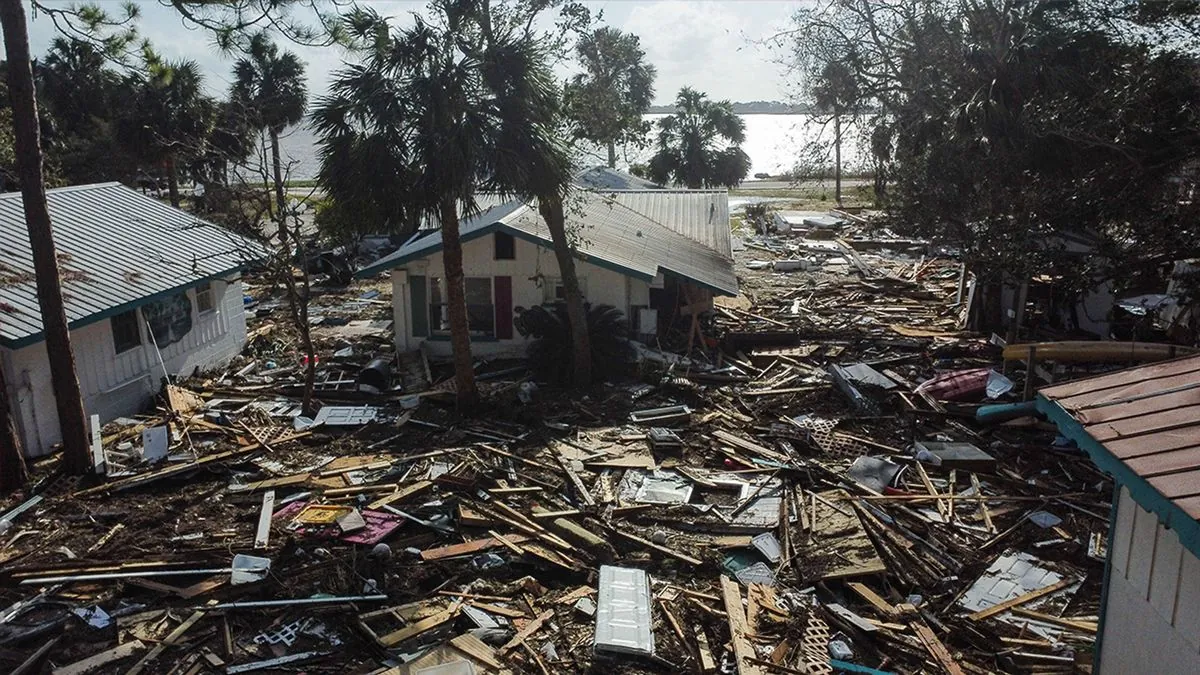Harris Faces Crucial Decisions on California Ballot Measures
Vice President Kamala Harris confronts pivotal choices on California's ballot initiatives, including contentious crime and climate measures. Her decisions could offer insights into potential presidential priorities.

Kamala Harris, in her role as a California voter, faces significant decisions on state policy measures that will appear on her November 2024 ballot. These initiatives reflect national challenges she might encounter if elected president, covering issues such as crime, climate change, and health-care funding.
California's ballot initiative system, established in 1911, allows voters to directly influence policy-making. This year, 10 propositions are on the ballot, including a controversial Republican-backed measure to allow harsher prison sentences for certain drug and theft offenses. This proposal, known as Proposition 36, has divided Democrats and exposed party divisions on addressing public concerns about crime.
Harris's campaign has not disclosed how she will vote on these initiatives. As a former California Attorney General (2011-2017) and U.S. Senator (2017-2021), Harris has deep roots in the state's political landscape. Her voting choices could provide voters with insights into her potential priorities in the White House.

The debate surrounding Proposition 36 is particularly challenging for Harris. It aims to roll back parts of a 2014 initiative passed during her tenure as Attorney General, which reclassified some felonies as misdemeanors. The measure has garnered support from some Democratic mayors and legislators facing reelection, while Governor Gavin Newsom leads the opposition.
"Harris has not taken a stance … and it's pretty clear why: The measure is splitting the Democratic caucus. Her campaign likely sees that weighing in would only animate internal Democratic Party tensions around crime — something they are clearly trying to avoid."
This situation mirrors the broader challenges Harris faces on the presidential campaign trail, particularly in balancing social justice concerns with public perceptions of crime. Despite national data showing a general decline in crime rates, public concern remains high, partly driven by the difficult pandemic recovery in some California cities.
Other significant ballot measures include a $10 billion climate change response program, addressing issues like wildfires and sea level rise. This funding question reflects nationwide concerns as record-breaking disasters and their associated costs continue to mount. California, with its goal to be carbon-neutral by 2045, has been a leader in environmental regulations and climate initiatives.
Another proposition aims to prohibit forced labor in state prisons, where inmates currently can be assigned involuntary work tasks for minimal pay. This measure is supported by the state's reparations task force and could test voter sentiment on criminal justice reform and reparations for African Americans, a topic debated since the Civil War.
Proposition 35 deals with the allocation of special tax revenue for Medi-Cal, California's health insurance program for low-income and disabled residents. In 2024, California became the first state to offer Medicaid to undocumented immigrants, a move that has sparked national debate.

Harris isn't alone in her reticence to reveal voting intentions on these measures. Other prominent California politicians, including Senator Laphonza Butler and Representative Adam Schiff, have also declined to weigh in on Proposition 36.
"Like everyone else, they have every right to keep their votes private. If it's going to help their campaign, they should speak out, but there is a risk."
As the election approaches, Harris's decisions on these ballot measures could offer valuable insights into her potential approach to national issues. With California's diverse population of over 200 languages spoken and its position as a trendsetter in progressive policies, the state's ballot initiatives often foreshadow national debates and legislation.


































